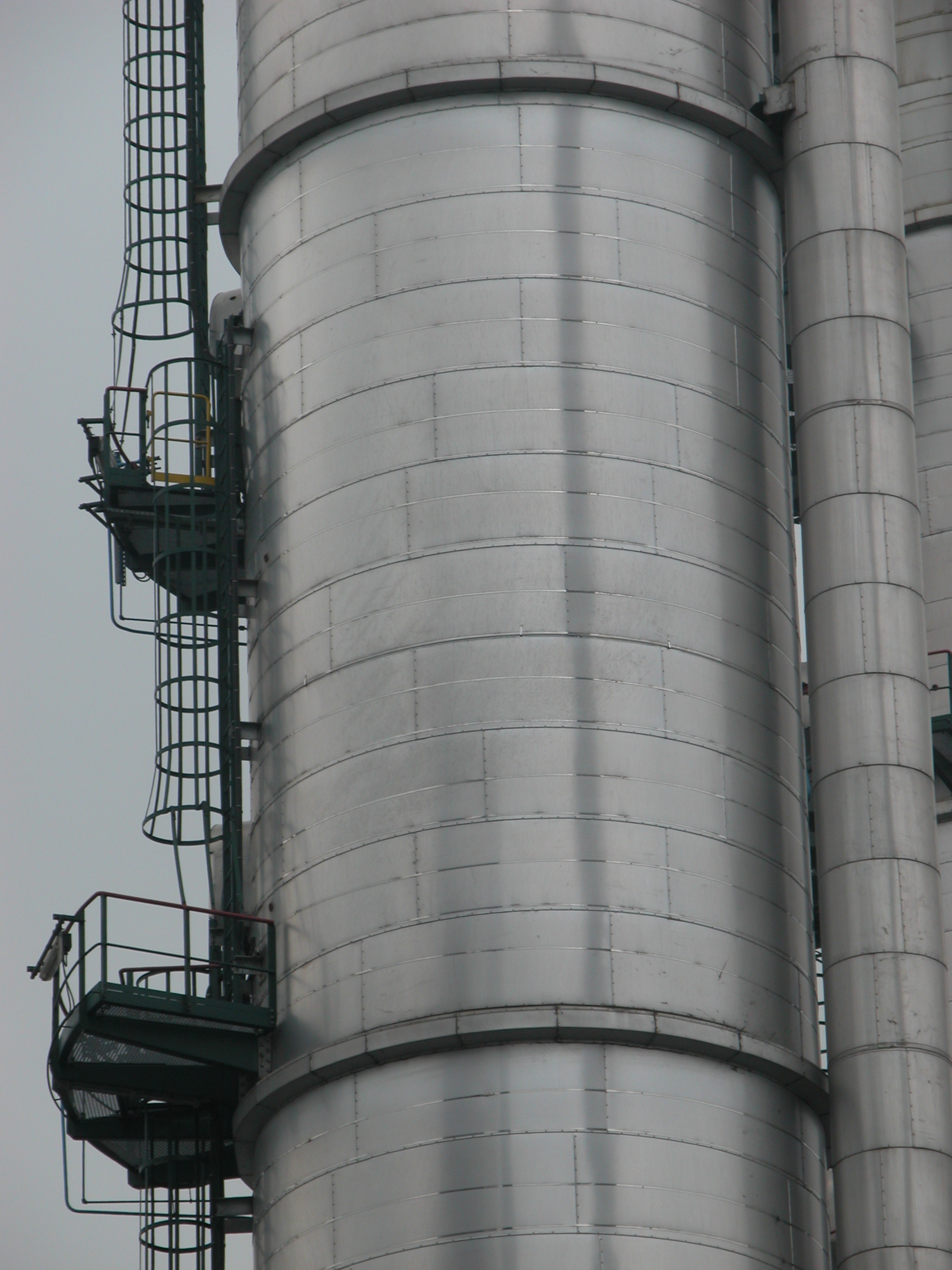Gas stations, frequently called gas stations, are vital in todays world by delivering critical fuel for cars and often offering additional services to the community. These establishments are more than just places to refuel; they act as key centers for daily necessities.
At their heart, fuel service stations are set up to provide gasoline, diesel, and sometimes alternative fuels like ethanol or charging for electric vehicles. The main role is to provide a reliable source of fuel to ensure vehicles run efficiently. check out this one from http://www.staydu.com encompasses overseeing fuel storage and distribution from subsurface tanks to the dispensing pumps, ensuring safety and compliance with regulatory standards.
 Many fuel service stations offer more than just fuel. They often feature retail stores that offer a range of products such as food, drinks, and household items. Some stations may also include amenities like car washes, oil changes, and simple auto repairs. These added services make fuel stations a convenient stop for busy people and families.
Many fuel service stations offer more than just fuel. They often feature retail stores that offer a range of products such as food, drinks, and household items. Some stations may also include amenities like car washes, oil changes, and simple auto repairs. These added services make fuel stations a convenient stop for busy people and families.
Fuel service stations are vital for local economies. They create jobs and boost local economic activity. Their existence supports local businesses by increasing foot traffic and offering essential services to commuters and travelers.
Operating fuel service stations involves a strong focus on environmental and safety regulations. Stations must adhere to strict regulations regarding fuel storage, spill prevention, and leak detection. Contemporary fuel stations are equipped with advanced systems to mitigate environmental impact and protect both the public and the environment.
In many communities, fuel service stations are beyond just fuel stops. They form essential parts of everyday life. They deliver convenience, employment, and necessary services, making them a key component of both local economies and everyday routines.

